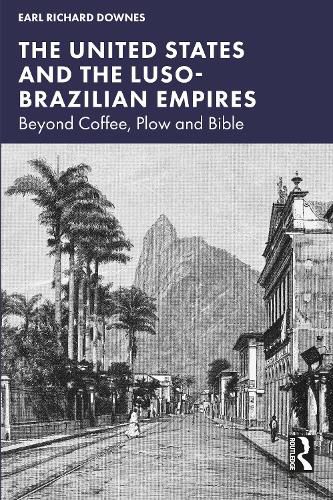Readings Newsletter
Become a Readings Member to make your shopping experience even easier.
Sign in or sign up for free!
You’re not far away from qualifying for FREE standard shipping within Australia
You’ve qualified for FREE standard shipping within Australia
The cart is loading…






This volume highlights factors that led to the onset of the U.S. presence within colonial Brazil's mercantilist economy and then the independent Brazilian empire's agricultural, scientific, religious and educational institutions.
The book examines the interaction of U.S. businessmen, explorers, scientists, immigrants, missionaries, and educators with the dominant institutions of the Luso-Brazilian empires. Employing an institutionalist framework to describe the interplay between forces of change versus forces of inertia that conditioned the economic and sociocultural development of the two empires, the book explains how Portuguese and Brazilian technical innovators employed contacts with the United States for more than a century to attempt to alter Brazil's economy and society.
This book will be of interest to students and scholars of U.S.-Brazil relations and Latin American history more generally.
$9.00 standard shipping within Australia
FREE standard shipping within Australia for orders over $100.00
Express & International shipping calculated at checkout
This volume highlights factors that led to the onset of the U.S. presence within colonial Brazil's mercantilist economy and then the independent Brazilian empire's agricultural, scientific, religious and educational institutions.
The book examines the interaction of U.S. businessmen, explorers, scientists, immigrants, missionaries, and educators with the dominant institutions of the Luso-Brazilian empires. Employing an institutionalist framework to describe the interplay between forces of change versus forces of inertia that conditioned the economic and sociocultural development of the two empires, the book explains how Portuguese and Brazilian technical innovators employed contacts with the United States for more than a century to attempt to alter Brazil's economy and society.
This book will be of interest to students and scholars of U.S.-Brazil relations and Latin American history more generally.